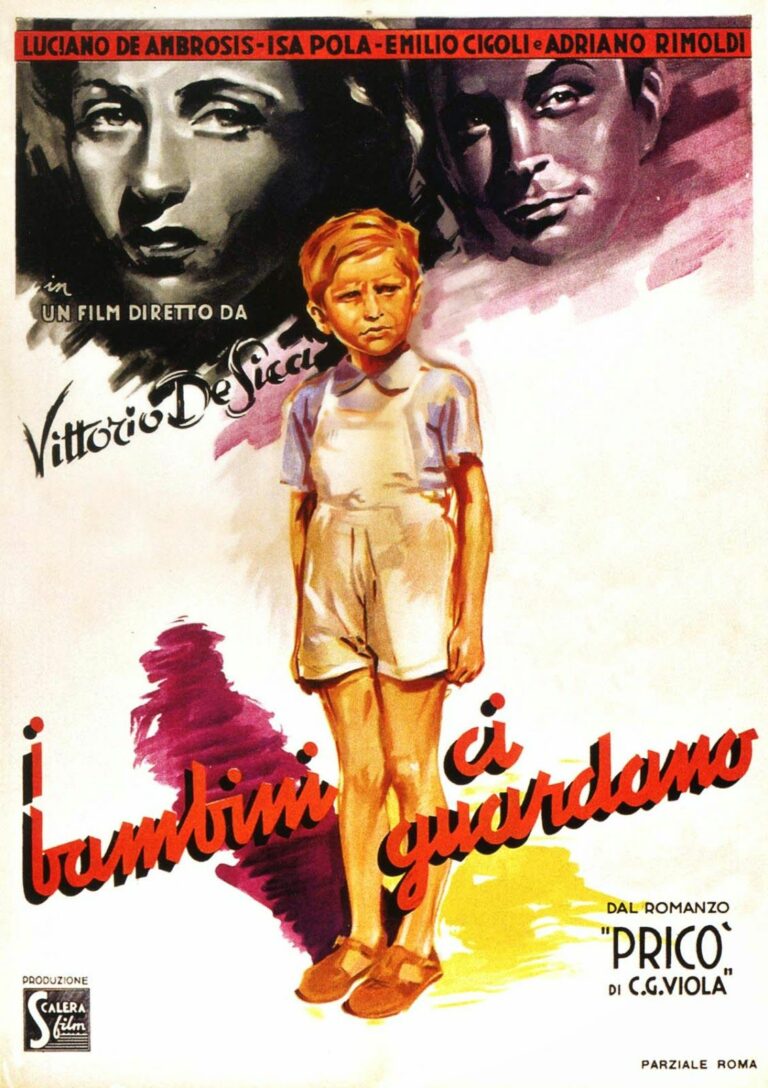
Introduction
Steam: The Turkish Bath (Hamam: Il Bagno Turco) is a cinematic journey that transcends boundaries, weaving together themes of love, loss, and rebirth. This film marks Ferzan Özpetek’s directorial debut, establishing his signature style of blending sensuality and spirituality. The narrative immerses viewers in the vibrant culture of Istanbul, using the Turkish bath—a space rich in history and tradition—as a metaphor for transformation.
Plot Summary
The story begins in Rome, where Francesco, a stressed and disillusioned architect, receives news of his aunt Anita’s passing in Istanbul. In her will, she leaves him a derelict Turkish bath, the hamam, which becomes the focal point of the narrative. Initially planning to sell the property, Francesco travels to Istanbul and finds himself drawn to the city’s charm and its people.
As he renovates the bath, he forms a deep connection with the family of Osman, the caretaker, particularly Osman’s son Mehmet. Through these relationships, Francesco undergoes a profound personal transformation, rediscovering his passions and questioning his life choices. However, this newfound peace is interrupted by a tragic twist, leaving viewers with a poignant and bittersweet conclusion.
Background and Development
Ferzan Özpetek, known for his ability to craft emotionally resonant stories, drew heavily on his personal experiences as a Turkish expatriate living in Italy. The film is an homage to his homeland, blending Italian and Turkish cultures in a seamless narrative. Özpetek’s direction is intimate and reflective, capturing the nuances of human relationships and the allure of Istanbul.
Main Characters
- Francesco (Alessandro Gassmann): The protagonist whose journey of self-discovery is at the heart of the film. Francesco evolves from a detached, career-driven man to someone deeply connected to his emotions and desires.
- Mehmet (Mehmet Günsür): The son of the caretaker, who becomes Francesco’s confidant and romantic interest. His presence catalyzes Francesco’s transformation.
- Marta (Francesca d’Aloja): Francesco’s wife, whose estranged relationship with him highlights his dissatisfaction with his life in Rome.
- Osman and Perran (Halil Ergün and Basak Köklükaya): The caretaker and his wife, representing the warmth and tradition of Turkish culture.
Themes
1. Identity and Transformation
Francesco’s journey is one of rediscovering his identity. The Turkish bath serves as a space for introspection, where he confronts his suppressed desires and unfulfilled dreams.
2. Cultural Fusion
The film explores the intersection of Italian and Turkish cultures, highlighting the beauty of both traditions and the universality of human emotions.
3. Desire and Liberation
The narrative delves into Francesco’s exploration of his sexuality, portraying it as a natural and liberating part of his transformation.
Cultural Symbolism of the Turkish Bath
The hamam is more than just a physical location; it is a cultural institution that embodies purification, relaxation, and community. In the film, it becomes a metaphor for renewal, acting as a sanctuary where Francesco can shed his old life and embrace his true self.
Visual and Cinematic Style
Özpetek’s direction combines vivid imagery with subtle storytelling. The film’s use of light and color reflects Francesco’s emotional state, transitioning from the muted tones of Rome to the vibrant hues of Istanbul. The camera lingers on architectural details and intimate moments, creating an immersive experience.
Reception and Impact
Steam was met with critical acclaim, particularly for its poignant storytelling and Özpetek’s masterful direction. It resonated with audiences worldwide, earning praise for its authenticity and emotional depth. The film’s exploration of LGBTQ+ themes was considered groundbreaking, offering a nuanced portrayal of same-sex relationships.
Representation of LGBTQ+ Themes
At a time when LGBTQ+ representation in cinema was limited, Steam stood out for its sensitivity and realism. Francesco’s relationship with Mehmet is portrayed with tenderness and respect, emphasizing love over labels.
Comparative Analysis
Compared to Özpetek’s later works, such as The Ignorant Fairies and Facing Windows, Steam is more introspective and restrained. However, it establishes the thematic foundations—identity, love, and culture—that define Özpetek’s filmography.
Legacy in World Cinema
Steam paved the way for more cross-cultural narratives in cinema. It remains a beloved classic, inspiring filmmakers to explore themes of identity and transformation through a multicultural lens.
Iconic Scenes and Moments
- Francesco’s first encounter with the Turkish bath, symbolizing the beginning of his transformation.
- The tender moments between Francesco and Mehmet, capturing their growing intimacy.
- The film’s tragic yet poetic conclusion, which leaves a lasting emotional impact.
Music and Atmosphere
The soundtrack, featuring traditional Turkish music, enhances the film’s immersive quality. The music complements the visuals, evoking the vibrancy and mystique of Istanbul.
Awards and Recognition
Steam received several accolades, including awards at the Istanbul International Film Festival and the Turin Film Festival. Its success solidified Özpetek’s reputation as a visionary filmmaker.
FAQs
- What is the significance of the Turkish bath in the film?
It symbolizes purification and transformation, mirroring Francesco’s journey. - Is Steam based on a true story?
While not autobiographical, the film draws on Özpetek’s experiences and cultural heritage. - What makes Steam unique in LGBTQ+ cinema?
Its nuanced portrayal of a same-sex relationship as part of a broader narrative about identity and culture. - How was the film received internationally?
It was widely acclaimed, particularly in Europe, for its artistry and emotional depth. - Where was the film shot?
Primarily in Istanbul, capturing the city’s rich cultural and architectural heritage. - Is the film still relevant today?
Absolutely. Its themes of self-discovery and cultural connection remain universal.
Conclusion
Steam: The Turkish Bath (Hamam: Il Bagno Turco) is a timeless masterpiece that bridges cultures and explores the depths of human emotion. Through its poignant storytelling and lush cinematography, the film invites viewers to reflect on their own journeys of self-discovery. It is a testament to the power of cinema to transcend borders and connect us all.






